The road of transformation: the transition strategy from capacitor carbon to porous carbon for silicon carbon
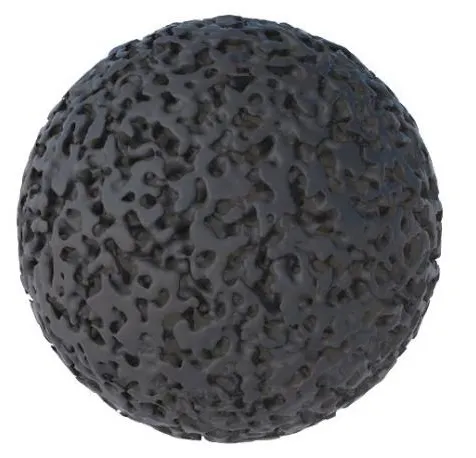
Capacitor carbon and porous carbon for silicon carbon are two similar materials, both of which belong to porous carbon, but they differ in electrochemical properties, production methods and application fields. The characteristics of these two materials and the differences between them will be introduced below. Capacitor Carbon Capacitor carbon is a high-surface-area, porous, activated carbon. […]
Ultra-fine Grinding of Quartz Sand of High Purity and High Hardness
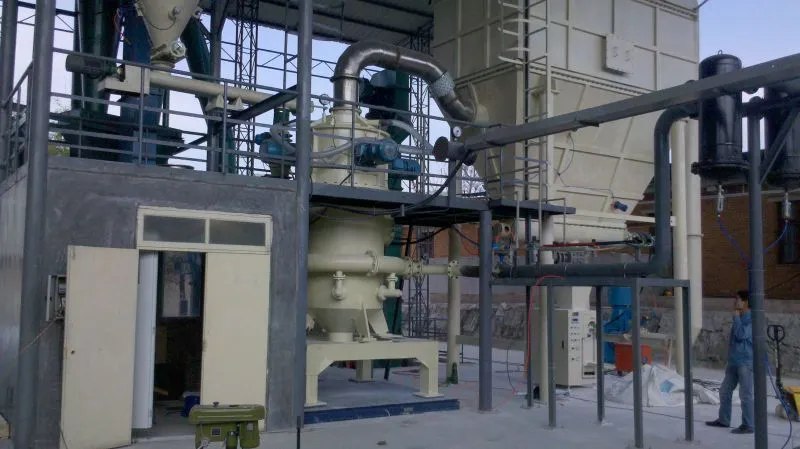
Ultra-fine Grinding of Quartz Sand is vital in many industries. It is key for producing high-purity silica for glass, ceramics, and electronics. This process uses advanced milling techniques. They produce much smaller particles than conventional grinding methods can. Manufacturers can improve a material’s reactivity and surface area. They can do this by using specialized equipment, […]
Introduction to the Limestone Powder Grinding Process
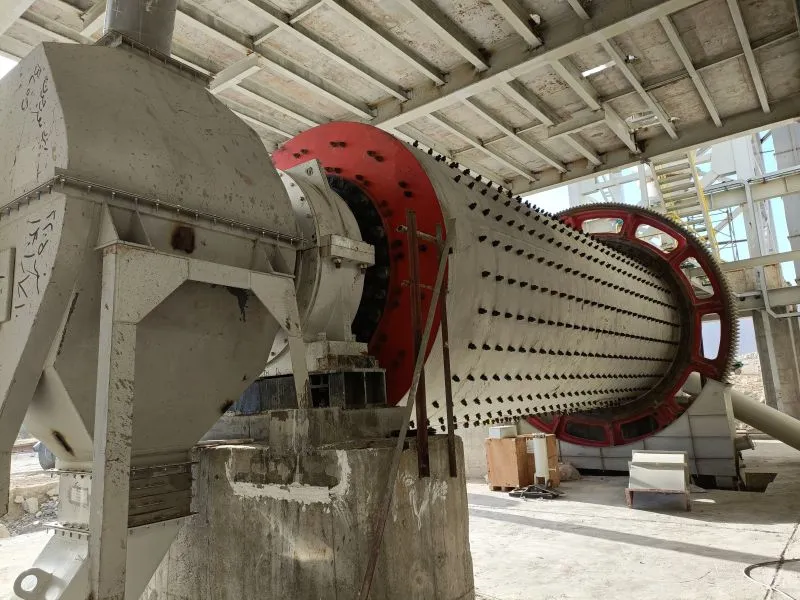
Limestone powder is widely used in construction, agriculture, and chemicals. To make limestone rock into powder, a grinding process is required. There are many industrial applications of quicklime, especially in the modern construction industry. The old quicklime production process can’t meet today’s need for high-quality lime. EPIC’s ultra-fine grinding mill meets the modern industry’s need […]
Application of calcium hydroxide in food industry
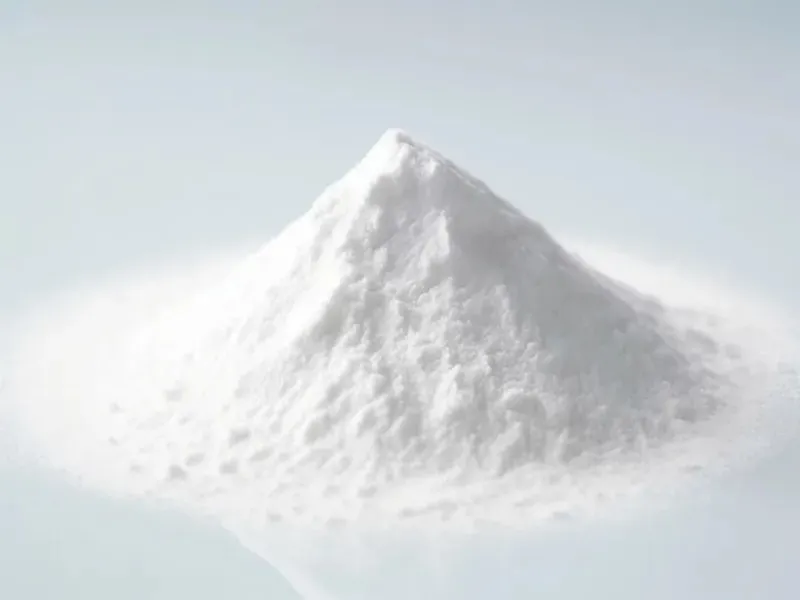
Application of calcium hydroxide is widely recognized in various fields, particularly in construction, agriculture, and medicine. It has excellent binding properties and boosts durability. In agriculture, calcium hydroxide is a soil amendment. It neutralizes acidity and improves nutrient availability for crops. Also, in medicine, it is used for its antimicrobial properties in dental treatments. It […]
What is the difference between a jet mill and an ordinary mill?
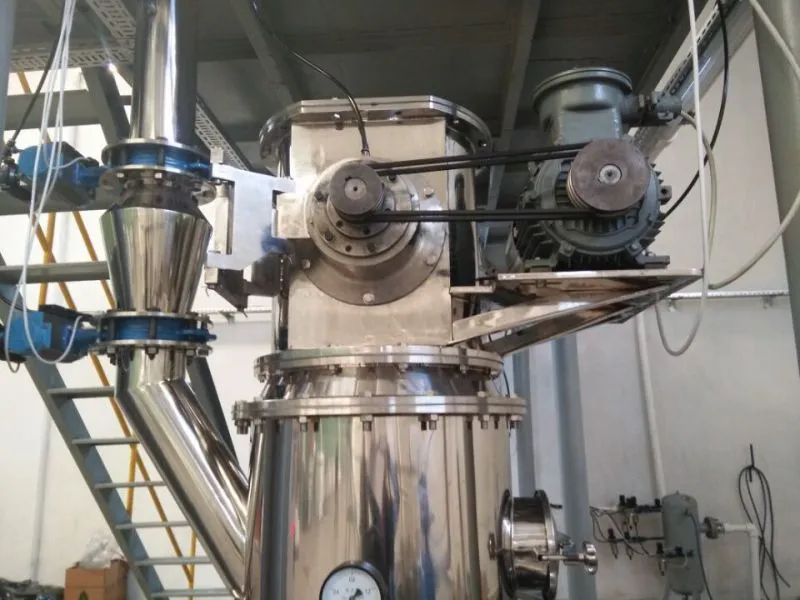
The airflow pulverizer is an advanced milling machine. It uses high-velocity air streams to reduce the size of various materials efficiently. This tech allows fine grinding of powders with low heat. It’s ideal for heat-sensitive substances. The airflow pulverizer suspends particles in the air. It subjects them to intense centrifugal forces. This results in a […]
Introduction to the Latest Equipment and Methods for Recycling and Processing Waste Lithium Batteries
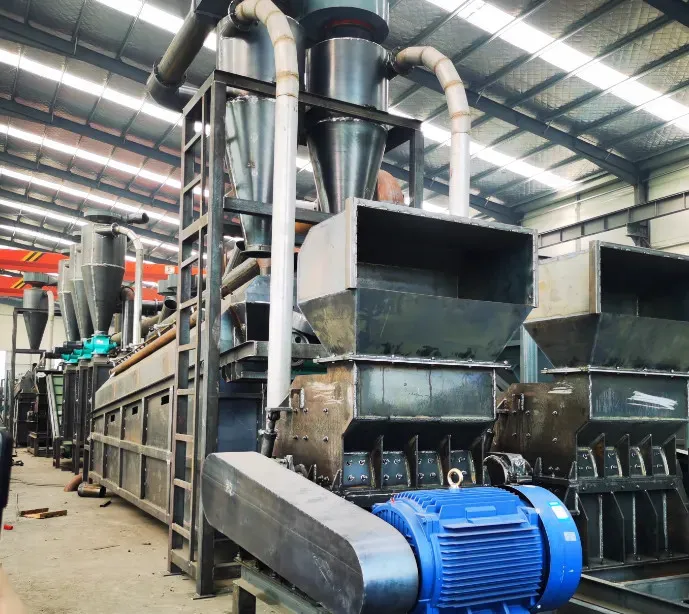
As demand for electric vehicles and devices grows, we must recycle waste lithium batteries. These batteries are vital to modern tech. But, they harm the environment if disposed of improperly. Recycling can recover valuable materials like lithium, cobalt, and nickel. This reduces the need for new mining and helps the environment. Also, advanced processing can […]
What is the difference between white corundum fine powder and micro powder?
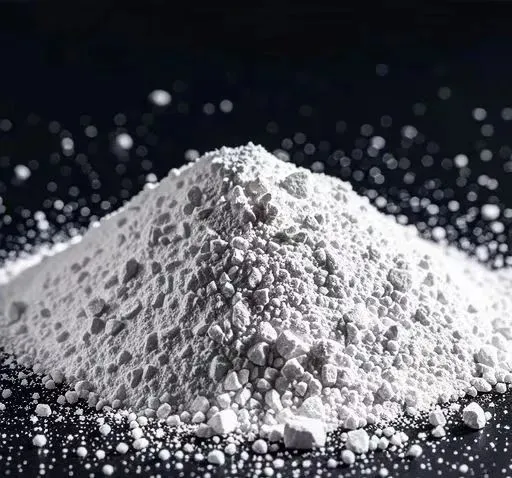
White corundum fine powder is a high-purity, abrasive material. It is used in many industrial applications. This fine powder is made from aluminum oxide. It is very hard and durable. So, it is ideal for grinding, polishing, and surface prep. Its uniform particle size and shape allow for fast material removal. They also produce a […]
What size air compressor is used for a pulse dust collector?
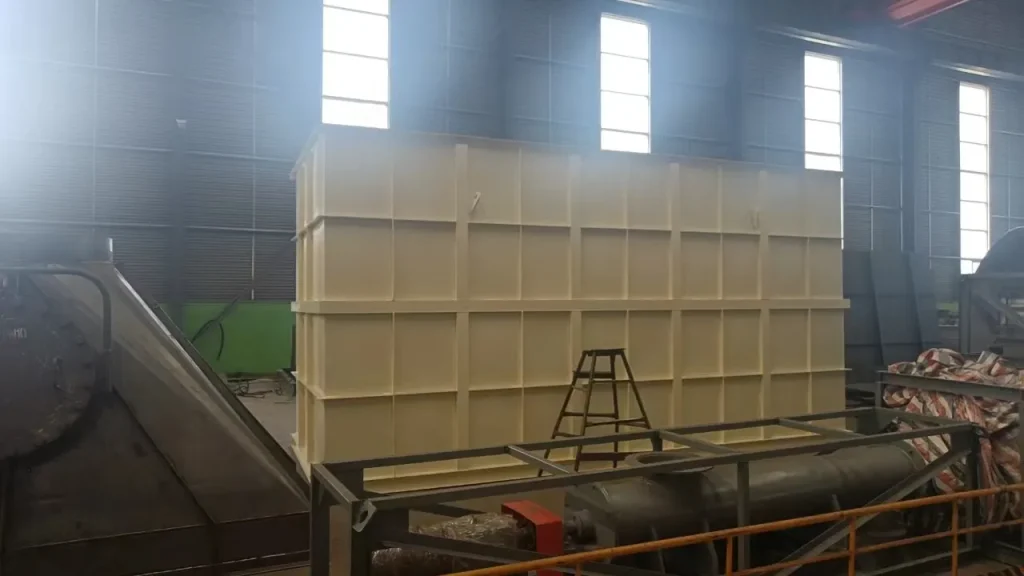
How large of an air compressor should a pulse dust collector use? When choosing an air compressor for a pulse bag dust collector, you should pay attention to the following three aspects: The compressor and supporting equipment should be selected according to the gas requirements of the system.Consider the following:a.To reduce the oil content in […]
What kind of kaolin is suitable for paper coating?
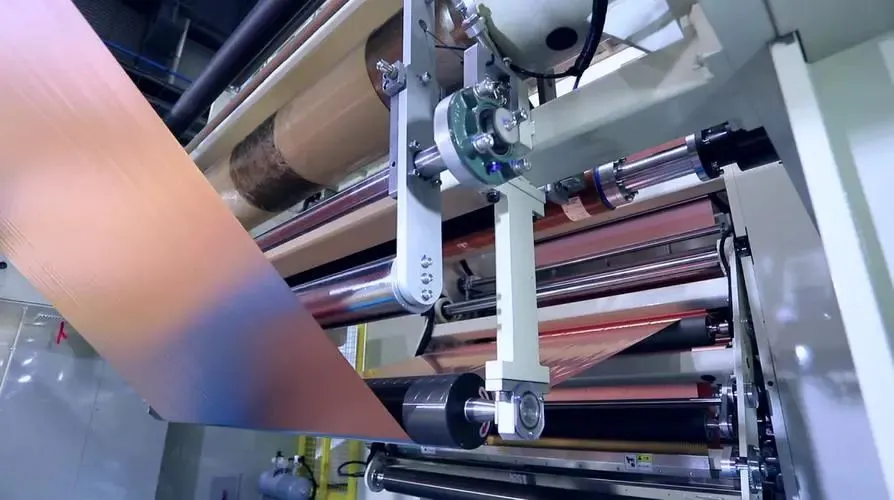
Kaolin is a non-metallic mineral. It is a clay and clay rock. It mainly consists of kaolinite clay minerals. Because it is white and fine, it is also called dolomite. Kaolin has many uses. They include papermaking, ceramics, and refractory materials. It is also used in coatings, rubber fillers, and enamel glazes. It is a […]
